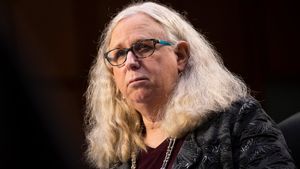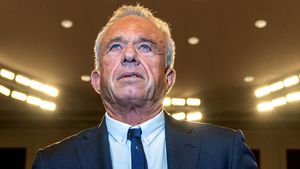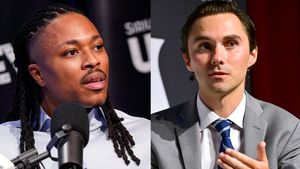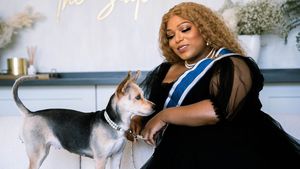christmas
Rudolph the Red-Nosed Reindeer was my first gay icon

NBCUniversal
Through adversity and self-discovery, Rudolph the Red-Nosed Reindeer helped one writer in his youth find strength in being different and kinder to yourself and others.
December 09 2024 10:56 AM EST
December 09 2024 10:56 AM EST






































































